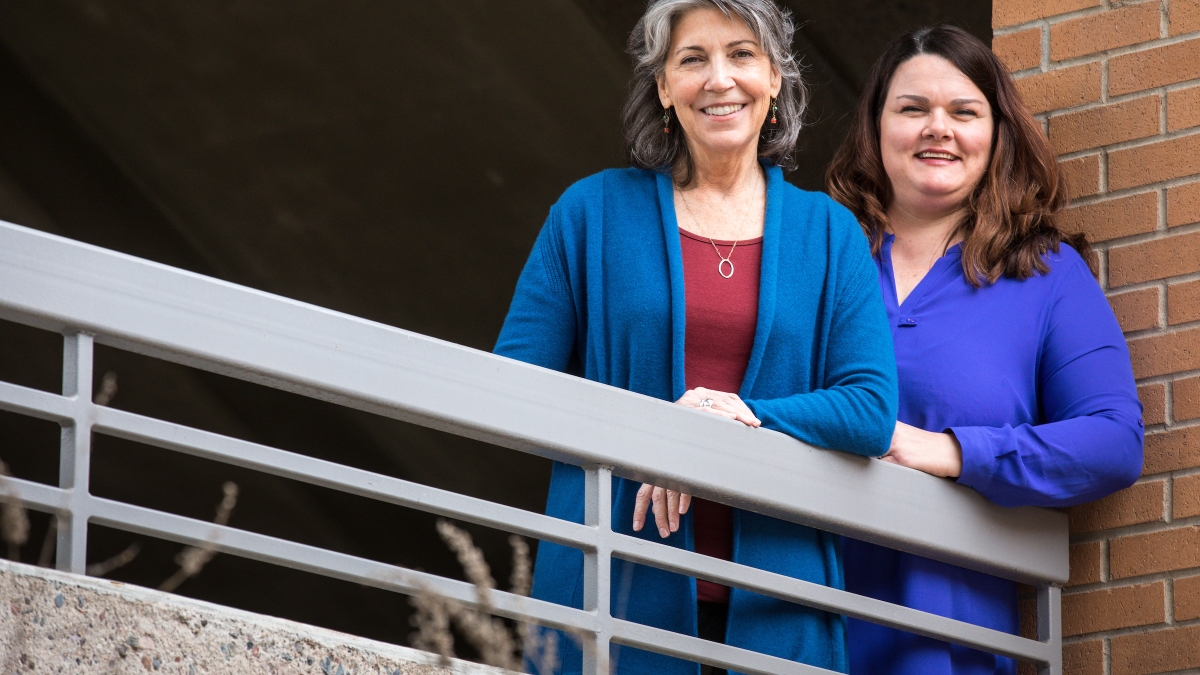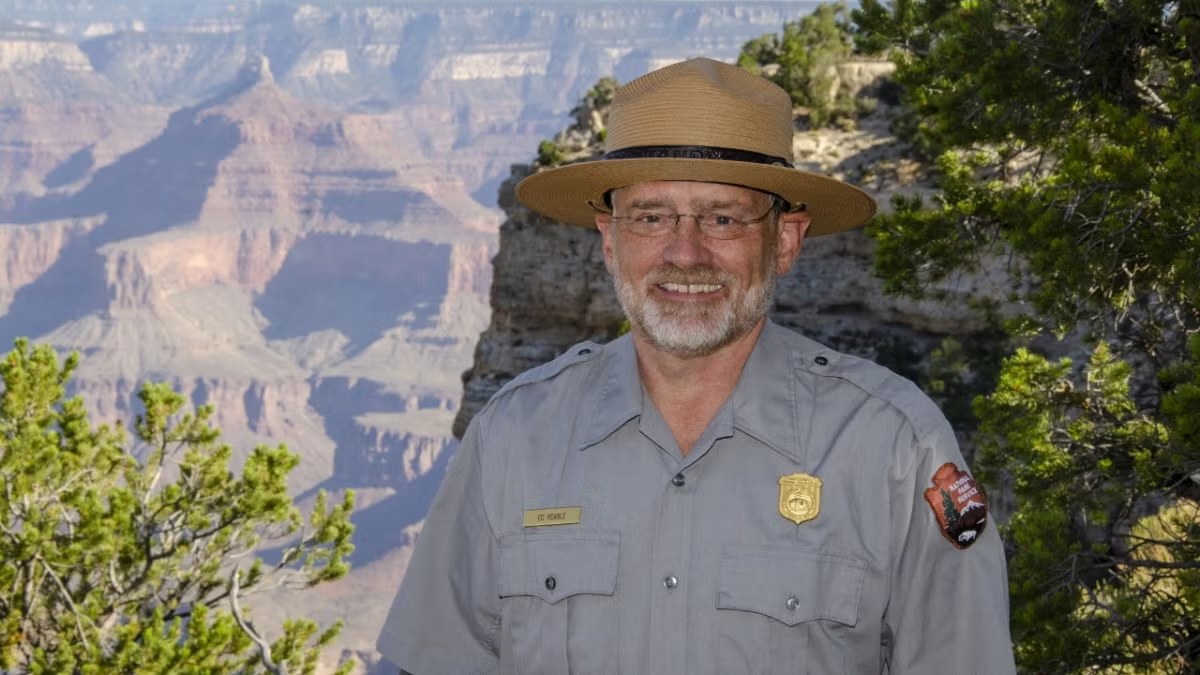Nature or nurture? ASU professors study how chronic pain is passed down in families

It’s 7 a.m. on a school day and little Susie’s got a stomach ache. Do you tell her to buck up, get dressed and send her to the bus stop, or do you tuck her back into bed and prepare some warm soup?
The answer could depend on a number of things — from your parenting style, to little Susie’s pain threshold, to your own experience with pain — and could ultimately affect how she deals with pain for the rest of her life.
The problem is, there isn’t any current research that considers all of the potential factors at play.
ASU psychology professors Mary Davis and Kathryn Lemery-Chalfant hope to change that. The pair have been awarded $3 million from the National Institute of Child Health and Human Development to study how chronic pain develops, and in particular, how it gets transmitted from parents to children.
“Pain can run in families for a lot of different reasons,” Lemery-Chalfant said.
Knowing what those reasons are, added Davis, can allow for early intervention to “potentially prevent a lifetime of having to manage a chronic pain problem, or at least delay it until you’re much older.”
The idea for the study came to Davis after she read an article that linked having 0, 1 or 2 parents with chronic pain predicted pain in adolescents and young adults in a dose response way — adolescents who had no parents with pain were at low risk for having pain themselves; adolescents who had one parent with pain were at a higher risk; and adolescents who had two parents with pain were at the highest risk.
“I read that and I thought, how can this be possible?” Davis said. “These are young people in the early, healthiest parts of their lives. How are these parents transmitting pain to these kids so early?”
Lemery-Chalfant had been studying a group of twins since birth to find out how early environmental factors affect their development. Davis reached out to her and proposed they use the group to look at how pain is passed down in families since twins can help rule out genetic factors.
Over the next five years, the pair of researchers will survey 350 sets of twins and their families at three different intervals. Each time, they will run a series of tests to measure how much a specific factor affects both the parents’ and the children’s’ experience of pain.
One test involves recording the children’s pain reaction to having their arm submerged in ice cold water. The test is performed twice, once with the primary care giver present, and once without the primary care giver present, to see if the child’s reaction differs. If it does, it could mean the child’s reaction to pain is influenced by their primary caregiver’s parenting style.
The primary care giver also is given the test separately in order to measure their pain threshold. If their child has a similar pain threshold, it could mean their reaction is genetic.
It’s the first study of its kind to look at all the different factors that could affect a child’s experience of pain.
“There hasn’t been a single study that looked at all of these potential mechanisms; environment, psychological factors, genetic influences, etc.,” Davis said. “That’s part of the importance of this study, is that we’re able to look at multiple mechanisms to see how this transmission takes place.”
She and Lemery-Chalfant hope their findings will help to make parents more aware of particular behaviors or things they’re doing without awareness that can shape their children.
More Arts, humanities and education

Grand Canyon National Park superintendent visits ASU, shares about efforts to welcome Indigenous voices back into the park
There are 11 tribes who have historic connections to the land and resources in the Grand Canyon National Park. Sadly, when the park was created, many were forced from those lands, sometimes at…
ASU film professor part of 'Cyberpunk' exhibit at Academy Museum in LA
Arizona State University filmmaker Alex Rivera sees cyberpunk as a perfect vehicle to represent the Latino experience.Cyberpunk is a subgenre of science fiction that explores the intersection of…

Honoring innovative practices, impact in the field of American Indian studies
American Indian Studies at Arizona State University will host a panel event to celebrate the release of “From the Skin,” a collection over three years in the making centering stories, theories and…